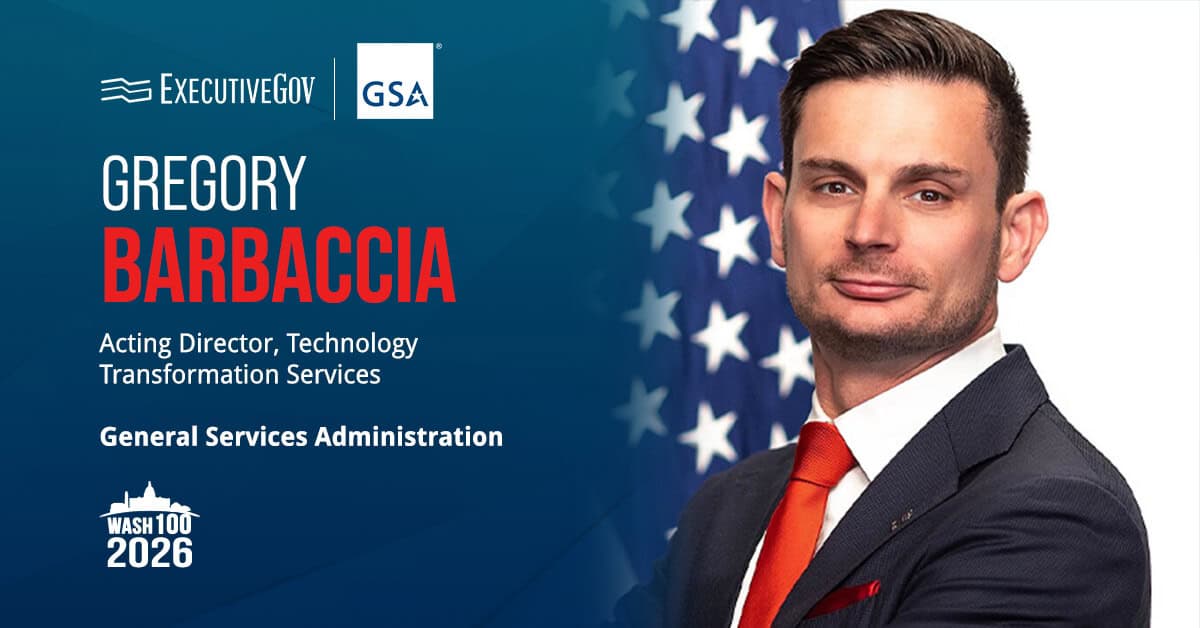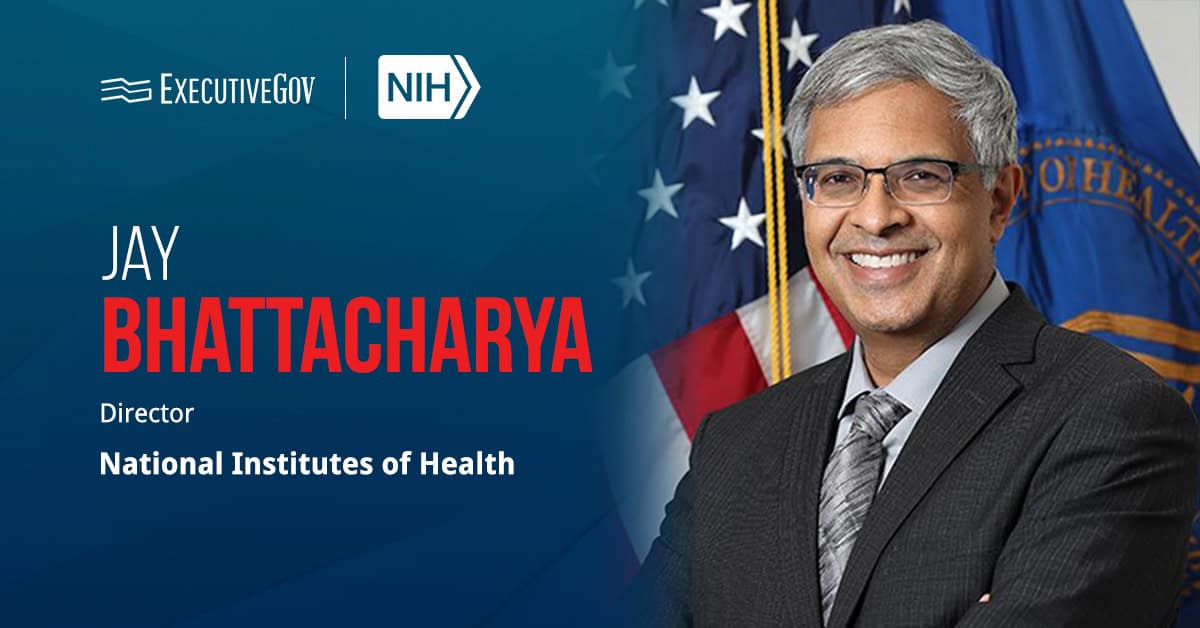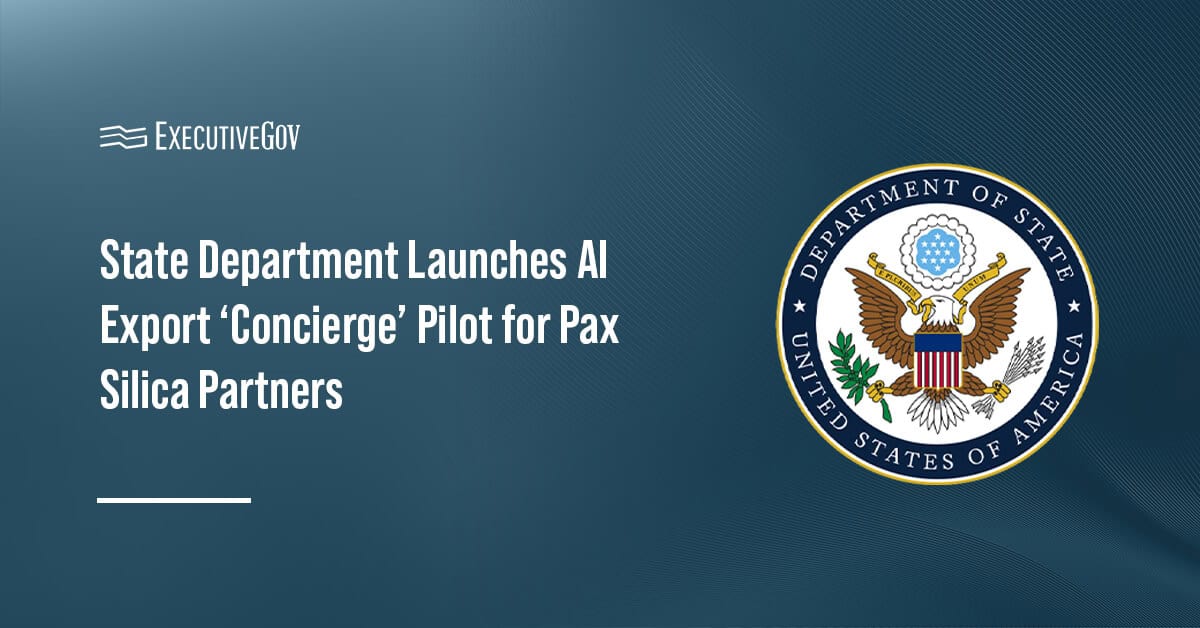Associations that represent federal contractors are highlighting operational and workforce challenges associated with continuing resolutions, Government Executive reported Friday.
“Of course, ideally, a normal budget process under regular order would be ideal, as the CR carries with it certain challenges, like the cap on spending and the limitation on new starts,” Roger Waldron, president of the Coalition for Government Procurement, told the publication Thursday. “Still, a CR extension provides all sides time to collaborate on a mutually beneficial spending agreement.”
Under stopgap funding bills, “defense industry workforces are subject to seemingly endless stop-and-start contract cycles, creating inefficiency and disruption that ripples through the defense supply chain with disproportionate effects on smaller companies,” several trade associations wrote in a Jan. 11 letter to Congress.
David Berteau, president and CEO of the Professional Services Council, talked about the impact of CRs on government operations and innovation.
“But I think there’s a far more insidious impact, and that is the impact on delaying contract awards, even if the funding is available from prior year appropriations or under the continuing resolution,” added Berteau.
President Biden on Friday signed a stopgap measure that would fund government operations at current funding levels through March 11. The move came a day after the Senate voted 65-27 to pass the CR and nearly two weeks after the House approved the bill.





